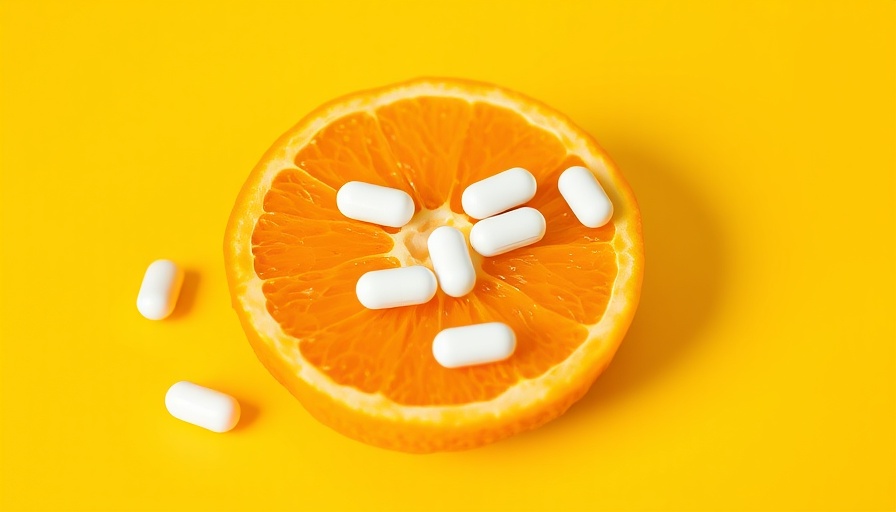
Unlocking the Microbiome's Potential: Probiotics in Mental Health
In recent years, research has increasingly highlighted the complex relationship between gut health and mental well-being. The microbiome-gut-brain axis, which connects our gut bacteria with brain function, has opened the door to innovative treatments for mental health conditions like bipolar disorder (BD) and schizophrenia spectrum disorder (SSD). This emerging field of study offers hope for those whose traditional treatments have fallen short.
Understanding Bipolar Disorder and Schizophrenia: The Need for New Approaches
Bipolar disorder and schizophrenia are among the most challenging mental health conditions to treat. Many patients either do not respond to conventional medications or experience troubling side effects. Antipsychotics and mood stabilizers, while effective for some, often come with a laundry list of adverse reactions that can significantly impact quality of life. As a result, researchers are exploring alternative therapies like probiotics—live microorganisms that confer health benefits, particularly in gut health—as potential adjunct treatments.
Exploring Probiotics: A Potential Breakthrough in Treatment
The recent study led by Borkent et al. (2024) investigated a multispecies probiotic intervention for BD and SSD patients. In a double-blind, placebo-controlled trial involving 131 participants, the researchers aimed to assess not only the psychiatric symptoms but also cognitive functions that can deteriorate with these mental illnesses. The probiotics used were specifically chosen for their ability to enhance intestinal barrier function and reduce cognitive reactivity to negative emotions.
Investigating the Results: What Did the Study Find?
Despite some initial optimism, the results indicated no significant improvement in psychiatric symptoms among those taking probiotics compared to the placebo group. Interestingly, there was a marginal gain in verbal memory among the probiotic participants, hinting at some cognitive benefits worth further exploration. This finding aligns with other research suggesting that gut bacteria could influence neurotransmitter activity, such as serotonin production, which is crucial for mood regulation.
Future of Probiotics in Mental Health Treatment: Opportunities and Challenges
While the immediate results of this trial may not herald a new treatment revolution, the exploration of probiotics remains a promising avenue for future research. Understanding which strains can potentially improve mental health outcomes and pinpointing the interactions between our microbiome and mental wellness will be vital. As this field grows, it may provide valuable adjunctive treatments for mood disorders that currently lack satisfactory solutions.
Practical Insights for Residents on the Grand Strand
For individuals in the Grand Strand of South Carolina who prioritize healthy living, incorporating probiotics into your diet could be beneficial. Fermented foods like yogurt, kefir, sauerkraut, and kimchi are rich in probiotics and can contribute positively to gut health. However, it's also essential to engage in a holistic approach to mental wellness, which includes regular physical activity, balanced nutrition, and adequate sleep.
Conclusion: A Call to Stay Informed
As research progresses, staying informed about the developments in the microbiome-gut-brain axis can empower individuals dealing with mental health challenges. While probiotics may not be the magic bullet we hope for, their potential role in enhancing overall health warrants attention. Prioritize holistic health strategies that integrate dietary choices, mental health awareness, and continuous education about treatment options.
Residents are encouraged to explore local workshops and resources focused on mental health and nutrition, as community engagement can create supportive environments vital for achieving well-being.
 Add Row
Add Row  Add
Add 





 Add Row
Add Row  Add
Add 
Write A Comment